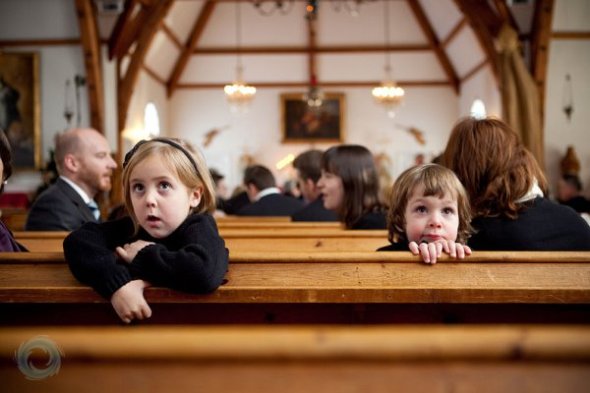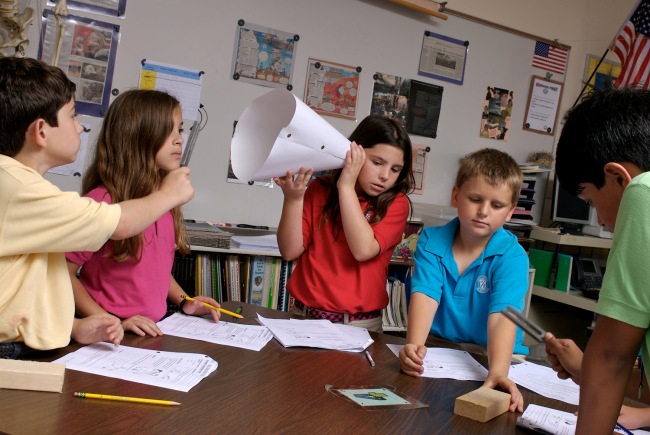
The longer I’m a parent, the more I realize that I can’t protect my child from the pain of this world. I can lock them in a padded room, keep them away from the TV, and conduct background checks, but something will break in–like the death of a family member or friend. Death happens, and we can’t protect them from the pain that ensues.
But we can help them. Here are some of my ideas. Please note that I haven’t researched this extensively. This is advice mainly from my own experience of losing both my father and father-in-law.
1. Be patient with them —even more patient than normal. It is common for children who are hurting emotionally to act out. They don’t know what to do with their inner turmoil and it can come out in bouts of hitting, yelling, name-calling, door-slamming, or general disobedience.
2. Give a lot of affection. Grief is not a visible “boo-boo,” but it is a wound nonetheless and requires the same care that you give after your child scrapes her knee. You need to be perceptive and know what type of affection your child needs. My son needed extra physical affection, but felt he was too old to cuddle, so he would instigate wrestling matches. Now, I don’t enjoy wrestling, but it was what he needed. And so I wrestled. It also helped him exert that pent-up energy.
3. Show them it’s okay to cry but don’t let them see you despair. You can cry in front of your child (at least I hope you can, because I’ve done it A LOT), but reassure them that it’s because you miss and love the one who is gone and not because you’re in despair. Even when I tried to hide my tears, my oldest one could tell I was crying. It was to the point that whenever I sniffed my nose, he asked, “Mommy, are you crying? Do you miss grandpa?” Children are perceptive and they might worry if they know you’re crying and you don’t tell them why. It’s healthy for them to see you dealing with your own pain. It encourages them to do so and lets them know it’s okay to be sad. Of course, I might be wrong and if I am, my children might be scarred for life.
4. Always point them to the One who is the answer to the problem of death and offers us hope beyond the grave. When my oldest son would catch me crying and after stating that I missed my loved one, I would follow with something like, “But he’s in heaven with Jesus and Jesus died so we can all be together with him in the end. We were made to live forever with God, but we sinned and so death now happens. We weren’t made to be separated, so that’s another reason this hurts. But Jesus will kill death in the end.” In fact, use this as a chance to talk about eternity and the new heaven and earth. My son and I talk about what method we think God will use to bring us to him after we die or when He returns. I’m hoping for a rainbow-colored hot air balloon and he a steam engine whose track leads into the sky. I’ve found that these discussions have helped to ground me and remind me of the Hope I have in Jesus.
5. Find something that you can do together that allows them to think about their loved one and their death but doesn’t dwell too much on the sadness of it all and isn’t too didactic. For us, it’s been the picture book Invisible Thread. There is only one page about missing a loved one, but it’s there and the message is hopeful—that we’re still connected to that person by an “invisible thread” of love. There are many resources out there for helping children cope with loss. Post a comment below if you know of another good resource because some are definitely better than others and not every resource comes from a Christian perspective. And of course think about age appropriateness as well.
6. Be patient with them (again). This time I mean, be patient with their style and path of grieving. Everyone grieves differently. There aren’t really clear steps or stages of grieving. Let them do it their way, helping them to deal with their pain and pointing them to Christ.
A grieving child is a grievous thing indeed. At times it can double your own pain, but it can also help you heal as you walk the “valley of the shadow of death” holding the hand of your loving Shepherd and your beloved child.
I will end with one encouraging story. Two years after my dad died, we went on vacation with my mother. My oldest son, Levi, was just over two years old at the time. My mom and Levi shared a room. When my mom came to bed one evening, Levi had already fallen asleep, but he rolled over and said sweetly and clearly, “Don’t be sad, Grammie; Jesus loves you.” Our children not only help us to see that life continues after the death of a loved one, but they can minister to us in tangible ways reminding us of the hope we have in our Savior Jesus Christ.















